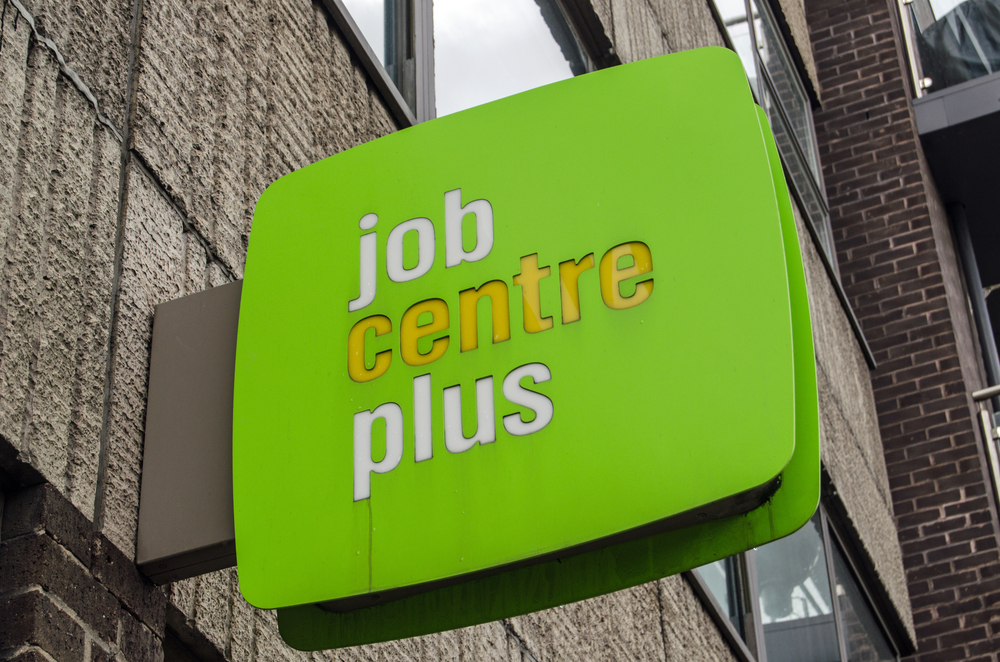Household Bills
Universal Credit job hunting rules restart

From 1 July, anyone claiming Universal Credit will see the return of job-seeking rules. Here’s what you need to know.
The job-seeking rules for Universal Credit claimants has been paused since 30 March amid the coronavirus.
But the Department for Work and Pensions (DWP) confirmed work coaches will be calling claimants to help them prepare for work. But exactly what they need to do depends on their ‘claimant commitment’ – a document people agree to as part of getting Universal Credit.
According to charity Citizens Advice, the types of job-seeking activities people will be asked to do will vary depending on health, current circumstances and which ‘conditionality’ group they’re placed in.
There are four groups which set out the tasks claimants are expected to complete to receive the full benefit payment.
Those in the ‘all work-related requirements group’ are generally required to do all they can to find a job or earn more. The government promised this group would not be penalised if they couldn’t look for a job until 30 June. But from 1 July, it is expected to take a common-sense approach to the job-hunting rules.

Wellness and wellbeing holidays: Travel insurance is essential for your peace of mind
Out of the pandemic lockdowns, there’s a greater emphasis on wellbeing and wellness, with
Sponsored by Post Office
With hundreds of thousands of people claiming Universal Credit for the first time during the pandemic, Citizens Advice lists these common questions and answers:
1) What do I need to do to receive my Universal Credit?
Check which ‘conditionality’ group you’re in by logging into your Universal Credit account online. This will also tell you what tasks you’ll have to do regularly to get the benefit, such as writing your CV, signing up for job alerts or vacancies.
If you don’t have a claimant commitment yet, because you’ve not had a Jobcentre interview, the DWP said it will be calling all claimants to help them prepare for work, so expect to be contacted to set up the claimant commitment.
2) Does everyone claiming Universal Credit have to look for work?
Most people will probably be put in the ‘all work-related requirements group’ if they’re able to work. Depending on your circumstances, however, you may be put in a different ‘conditionality’ group, say if you have children under the age of three, or are pregnant or disabled.
In some cases you won’t have to take any steps to prepare for work or improve your skills, in other cases you may have to have interviews with your work coach. You can check which group you’re in, and what you must do to receive your full Universal Credit payment, by logging into your Universal Credit account online.
3) What happens if I don’t meet the requirements?
Failing to carry out tasks set out in your claimant commitment could mean your Universal Credit payment is temporarily reduced, which is known as a sanction. The amount by which your Universal Credit will be reduced depends on factors such as how long the sanction lasts, and how quickly you complete the outstanding tasks.
4) What if there are no jobs available?
Citizens Advice said it’s clear that finding jobs to apply for will be harder than usual. In order to show how you have completed the to-do list set out in your claimant commitment, keep a diary of the tasks you’ve done and how long they took, e.g. signing up to a recruitment agency.
5) Do I have to go to the Jobcentre to carry on claiming Universal Credit?
Usually you would need to go to the Jobcentre to have regular meetings with your work coach. You should agree with your work coach which tasks need to be done as part of the claimant commitment. The government cancelled all face-to-face appointments in March but said it will start to reopen Jobcentres from July. The DWP says people can make an appointment with their work coach if they can’t get the help they want online or over the phone.
6) How do I challenge a Universal Credit decision?
You need to tell your work coach as soon as possible if you’re in the wrong ‘conditionality’ group. Explain which exceptions apply and show them any evidence you can – for example a letter from your doctor if you’re sick, or the birth certificate for a child you care for.
If your work coach won’t change your work-related activity group, you can complain to the Department for Work and Pensions. If you get a sanction even though you’ve explained your situation to your work coach, you can challenge the decision by asking for what is called a mandatory reconsideration.